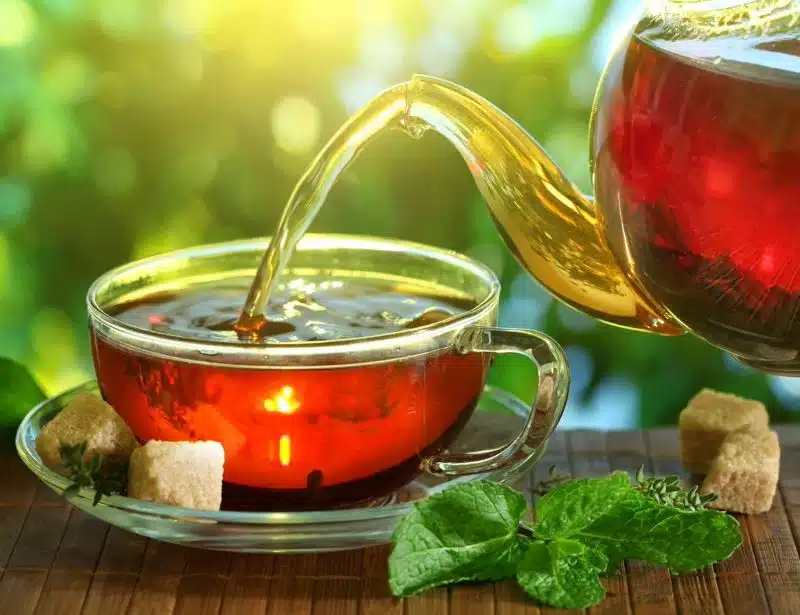Dietary Considerations for Stroke Recovery: Foods That Enhance Healing

Stroke, an abrupt interruption of blood supply to the brain caused by a blocked or burst blood vessel, is a leading cause of death and disability globally. Every minute counts when treating a stroke, as millions of neurons perish when starved of oxygen-rich blood. However, the path to recovery continues long after the immediate crisis has passed, extending to lifestyle modifications, rehabilitation exercises, and importantly, dietary adjustments. It’s crucial to understand that while the role of diet is not to replace medical treatments, it can significantly support recovery and prevent stroke recurrence.
Foods for Stroke Recovery
When we think of recovering from a stroke, diet may not immediately spring to mind. However, the right nutrition is an integral part of the rehabilitation journey. It plays a crucial role in supporting brain health, reducing inflammation, improving cardiovascular function, and enhancing overall physical and mental well-being, which all contribute to better recovery outcomes.
The diet for stroke recovery hinges on several pillars, namely heart-healthy foods, high-fiber foods, omega-3 fatty acids, fruits and vegetables abundant in antioxidants, lean proteins, and hydration. A balance of these food groups can help manage blood pressure and cholesterol levels, prevent weight gain (often a side effect of reduced physical activity post-stroke), maintain healthy blood sugar levels, and protect against oxidative stress, promoting faster and better recovery.
Heart-Healthy Foods
The diet for stroke recovery strongly parallels a heart-healthy diet, which is hardly surprising given that both conditions stem from similar vascular issues. Heart-healthy foods are those that keep cholesterol and blood pressure levels in check, both significant risk factors for stroke recurrence.
Foods rich in monounsaturated and polyunsaturated fats such as avocados, nuts, seeds, olive oil, and fatty fish (like salmon and mackerel) are ideal for this purpose. They help lower levels of low-density lipoprotein (LDL) or ‘bad’ cholesterol and increase high-density lipoprotein (HDL) or ‘good’ cholesterol. Simultaneously, a reduced intake of trans fats and saturated fats is advisable.
High-Fiber Foods
Fiber is a non-digestible carbohydrate that plays a vital role in managing body weight, reducing cholesterol, and controlling blood sugar levels – all crucial elements in stroke recovery. It is found in whole grains (such as oats, brown rice, and whole wheat bread), legumes (like lentils, chickpeas, and black beans), fruits, and vegetables.
Omega-3 Fatty Acids
Research suggests that omega-3 fatty acids can enhance brain health and reduce inflammation, supporting the recovery process. Fatty fish, flaxseeds, chia seeds, hemp seeds, and walnuts are excellent sources of omega-3s. Including these in your diet can promote brain healing and improve cognitive function post-stroke.
Antioxidant-Rich Fruits and Vegetables
Fruits and vegetables are powerhouses of antioxidants, which fight oxidative stress in the body, a factor linked with stroke and its severity. Berries, dark leafy greens, bell peppers, and tomatoes, for instance, offer a range of antioxidants such as beta-carotene, vitamin C, and flavonoids that support brain health and overall recovery.
Lean Proteins
Proteins, the building blocks of life, are vital in the healing process after a stroke. They repair damaged tissue, help maintain muscle mass during periods of inactivity, and support overall strength and immunity. Opt for lean proteins like fish, poultry, tofu, and legumes, as they provide the necessary protein without the harmful saturated fats often found in red and processed meats.
Hydration
Staying well-hydrated is fundamental to the smooth functioning of all body systems, including the brain. Proper hydration aids in maintaining blood viscosity, supporting brain health, and ensuring the efficient delivery of nutrients to the body cells. However, it’s important to note that the source of hydration matters. While water is the best source, herbal teas, and natural fruit juices can also contribute. It is advisable to limit sugary drinks, as excessive sugar can lead to weight gain and impact blood sugar levels negatively.
Conclusion
In essence, a balanced, nutrient-rich diet plays a crucial role in stroke recovery. It’s a holistic approach, with each food group offering unique benefits to complement medical treatments and rehabilitation exercises. However, each person’s dietary needs may vary, depending on factors such as age, overall health, stroke severity, and individual nutritional deficiencies. Therefore, it’s recommended to seek the guidance of a healthcare professional or a registered dietitian before making significant dietary changes. Remember, diet alone cannot “cure” a stroke, but it can unquestionably form a significant part of a comprehensive recovery strategy.


















